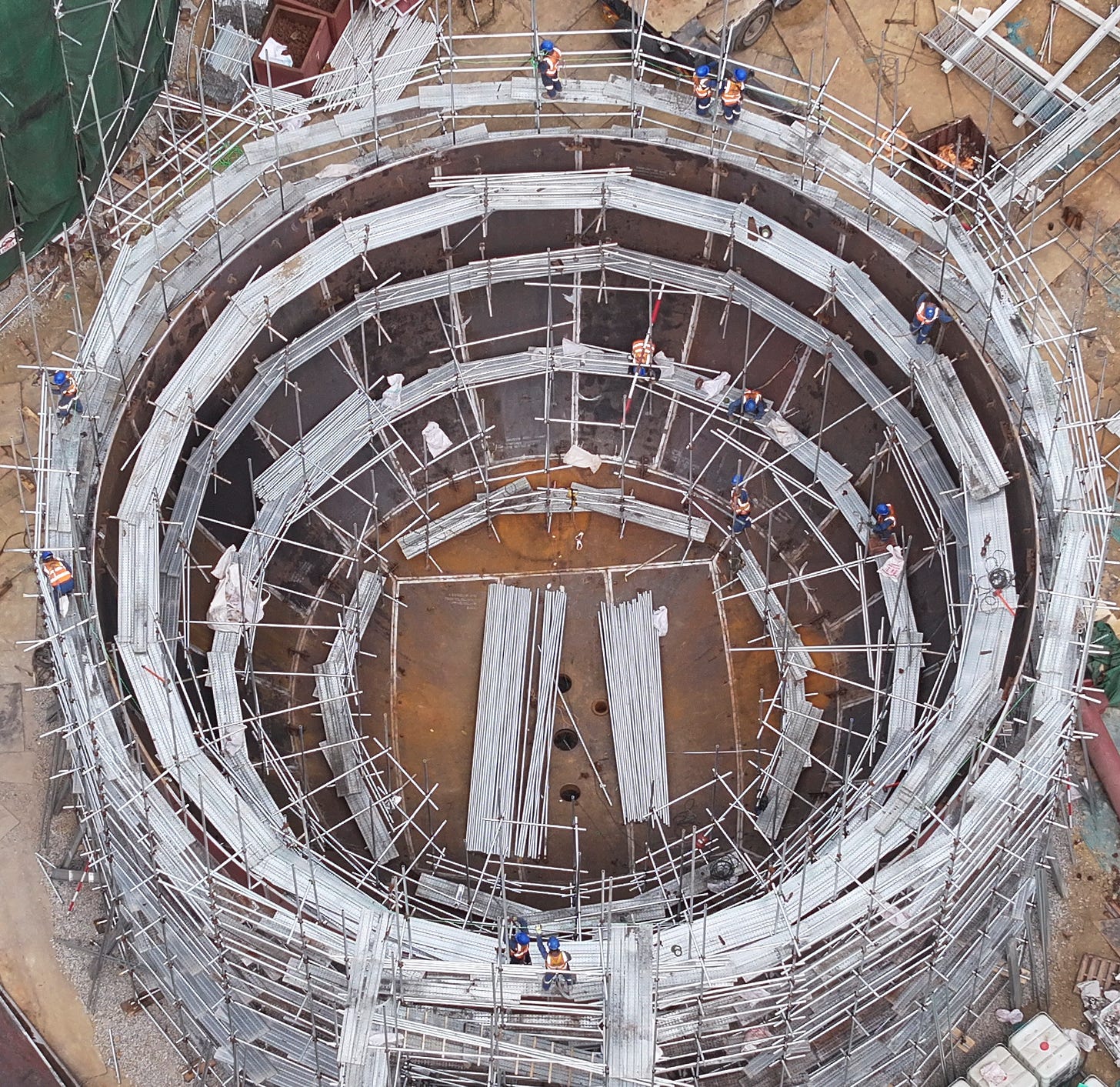The China fetish is getting to be a bit much
There are other countries in the world.

During the pandemic, a group of friends and I would get together on a weekly basis to watch reality TV. Each week, for more than 40 minutes and sometimes even up to an hour, we discussed what to do for dinner. There were really only a handful of spots we would order from and no one had any unreasonable food restrictions, it was just the result of a handful of very polite people trying to make a trivial decision.
I suppose I was the least polite of my friends and found myself unreasonably frustrated by these weekly, interminable discussions. So, I tried to implement various systems that could speed them up:
I proposed that we could just rotate who got to pick.
I proposed we put all the options in a fishbowl and select at random every week.
I proposed a fishbowl plus a set number of vetoes method.
I proposed approval voting.
My friends were neither amused nor interested by my increasingly desperate attempts to rein in the excesses of our mini deliberative democracy, so eventually, I gave up and resigned myself to living in a rerun of the same “Seinfeld” episode once a week.
Before I abandoned my efforts, though, a calculating thought presented itself to me: the next time we were set to meet up, I could just order food without asking anyone. I guiltily discarded this idea without ever seriously considering it,1 but it felt even then like a microcosm of an increasingly common phenomenon: where frustrations with process yield authoritarian impulses.
Multiply that feeling by at least a million and you get one of the central political dynamics of our time: When government feels incompetent or incapable, people don’t usually distinguish between bad procedures and democracy itself—they just want someone to cut through the noise. That’s how you get technologists pining for a CEO-in-chief and voters gravitating towards anyone who promises to act quickly and decisively.
But the real problems we’re facing are not inherent to democracy, but a reflection of anti-democratic processes and institutions that exist throughout our system of government. And if we continue to let these systems fester, people will keep trading away real freedoms for the illusion of competence.
The China fetish
America struggles to build important things like housing, energy projects, and transportation projects. Its failure to do so is at the root of our housing crisis, has us on the path to real energy scarcity, and has hampered economic growth and productivity for decades.
This is an argument I have been making for years, and there are two sorts of responses I tend to get from those who agree that this is a problem:
America’s trouble building big things is a reason to care less about efficacy – what, do you want us to turn into China?
This is a reason to limit our democracy – what, do you want us to lose to China?



